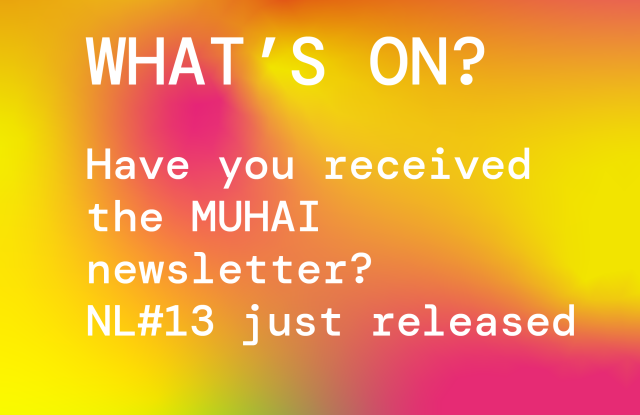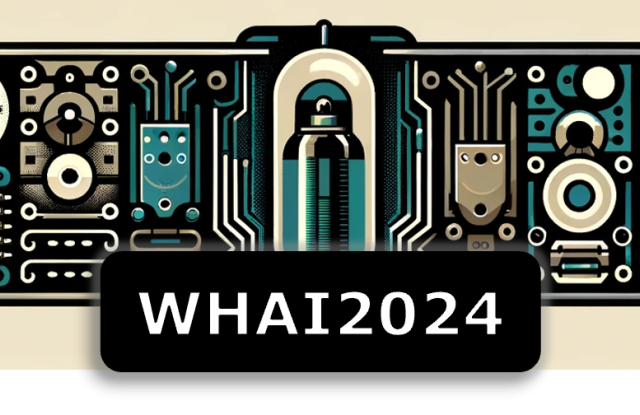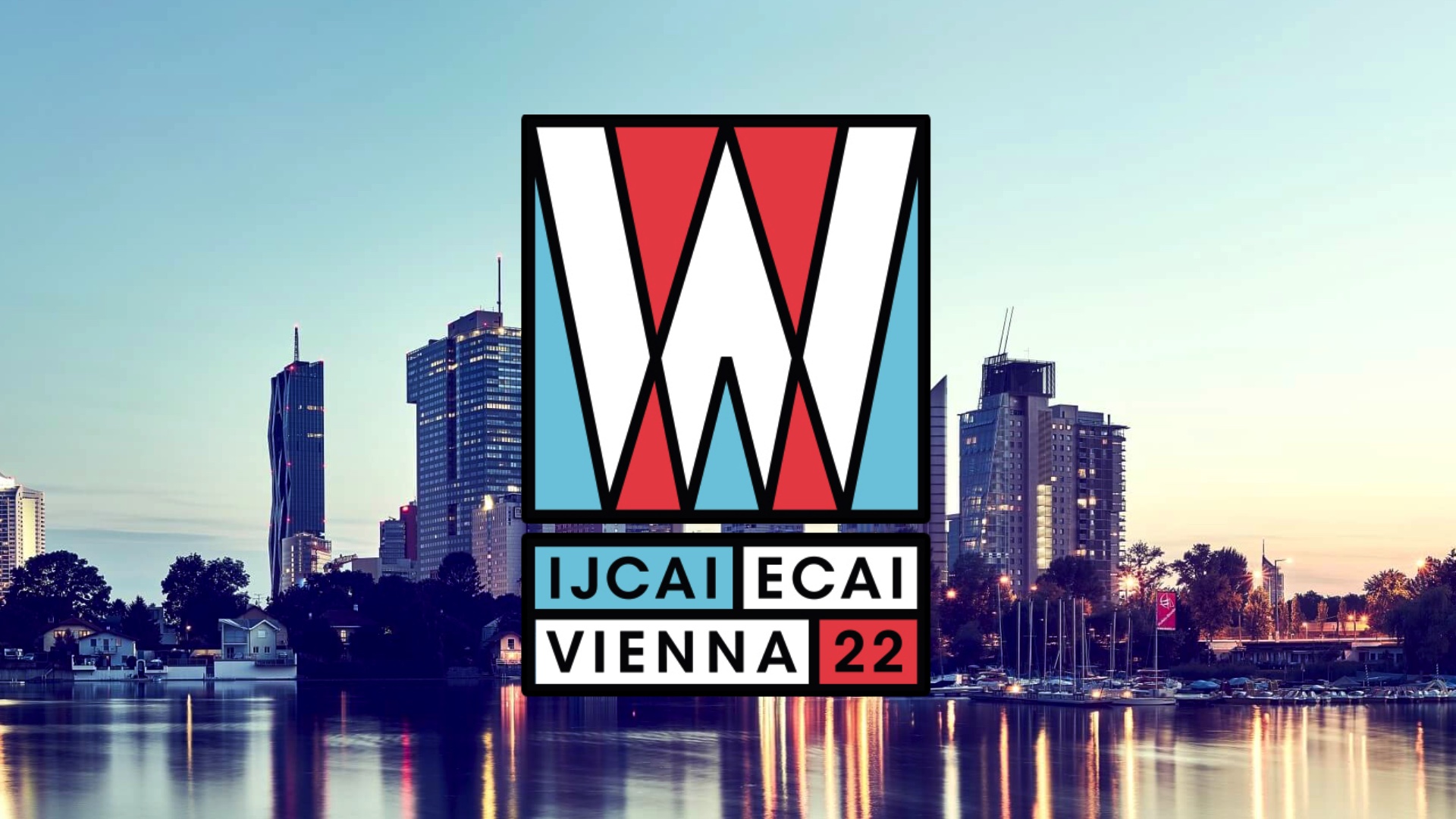IJCAI-ECAI 2022 | Workshop on semantic techniques for narrative-based understanding
July 24, 2022
This workshop explores how AI systems can employ narratives in the realization of human-centric AI. Human-centric AI focuses on collaborating with humans, enhancing human capabilities, and empowering humans to better achieve their goals. This requires that we complement the reactive intelligence of today's neuro-statistical machine learning with deliberative intelligence based on rich models of the problem situation: computational representations of narratives, elaborate ontologies, fine-grained semantic parsing inspired by cognitive linguistics and construction grammar, reasoning and inference, mental simulation, the consultation of semantic resources such as knowledge graphs and episodic memories of past situations, and a control architecture that can flexibly combine all these knowledge sources to arrive at coherent understanding.
Besides technical contributions to realize the components needed for understanding, the workshop encourages the presentation of benchmarks as well as demonstrations of AI systems in which narrative-based understanding plays a critical role, such as the decoding and execution of actions needed for everyday activities (e.g. to cook a dish from a recipe), the reconstruction of the temporal and causal relations found in documents (e.g. between historical events leading up to a significant political change), or the formulation of `scientific storylines' in knowledge discovery that combine information across different scientific papers to generate hypotheses or compare and validate experimental evidence.
Relevant topics
The workshop organizers invite paper submissions on the following topics:
- computational representations of narratives including graphs that capture time, uncertainty, causality, spatial relations, context and bias
- mechanisms for handling inconsistencies, uncertainty, underspecification and ambiguity in narrative construction
- architectures and heuristics for narrative construction combining multiple possibly conflicting or biased knowledge sources
- grounding of narratives in sensory-motor data through pattern recognition
- entity linking and narrative binding between narratives and knowledge graphs
- use of mental simulation to fill in narrative gaps
- semantic grammars for narrative extraction from text (e.g., tense aspect mood modality systems, determiner systems, frame extractors, etc.)
- pragmatic language features and their use in regulating attention and focus in discourse
- comparison, aggregation, instantiation, abstraction and dynamics of narratives
- narrative-informed story completion, hypothesis generation and theory construction
- measures to track the quality of narrative understanding and the contribution of different knowledge sources
- applications of narratives in social media, scientific research, instruction execution and other areas.
We additionally solicit posters about any of the above topics as well as posters that describe benchmarks and data sets that can be used by the community to solve fundamental problems of interest, one example being hypothesis generation in the social sciences or the medical domain. We also solicit posters with demonstrations of technical components or application prototypes that promote the use of narrative-based understanding.
Submissions
We encourage the following type of submissions:
- Research papers (max 6 pages + references) with original work, promoting and sharing exciting new ideas and fostering discussion or describing well founded impactful applications
- Poster papers (max 3 pages + references)
- Demo papers (max 3 pages + references)
All papers must be formatted according to the IJCAI format style. Papers must be submitted electronically in PDF format through our Easy Chair link.
Submissions will be peer-reviewed by at least two members of the programme committee. The accepted papers will appear in the proceedings published at CEUR workshop proceedings.
Important dates
Workshop Paper Due Date: May 13, 2022 May 20, 2022
Notification of Paper Acceptance: June 3, 2022 June 8, 2022
Camera-ready papers due: June 17, 2022
Workshop: July 24, 2022
Note: all deadlines are Central European Time (CET), UTC +1, Paris, Brussels, Vienna.
Programme
8:30-9:00 registration
9:00-9:15 Introduction
9:15-10:15 Representing Narratives in Digital Libraries: The Narrative Ontology, Carlo Meghini
10:15-11:15 Poster session + coffee break
11:15-12:15 The Art of Binding: Making Narrative Overlays Plausible, Hermann Kroll
12:15-13:15 Round Table with Katrien Beuls (chair), Carlo Meghini, Hermann Kroll, Luc Steels, and Frank van Harmelen
Invited speakers
The Art of Binding: Making Narrative Overlays Plausible
Speaker: Hermann Kroll (University of Braunschweig, Germany)
Abstract: Narratives form a central element in everyone's life - be it in the form of movies, talks, discussions, or scientific publications. Computerizing narratives is a relevant research topic in different communities. That is why we take a closer look at them. In this talk, we will look at narratives and their plausibility, primarily focusing on handling scientific discourses. One way to understand a narrative could be: a narrative describes central entities, events, and their relationships, e.g., some observations that lead to a conclusion. Plausibility then refers to whether the narrative structure seems plausible, i.e., if it is based on reasonable evidence. We used narrative bindings to map parts of a narrative structure to some real-world data. But be careful: Finding bindings that do not belong together may yield invalid results. As a good example, consider generalizing knowledge in the medical domain that is only sensible when considering the corresponding context (dose, target group, time of treatment, etc.). Here, the context-compatibility of bindings is the key challenge, i.e., verifying that both bindings share the same or at least a compatible context. In this talk, we will discuss concepts of narratives, bindings, and context-compatibility.
Representing Narratives in Digital Libraries: The Narrative Ontology
Speaker: Carlo Meghini (CNR Pisa, Italy)
Abstract: Narratives are a central concept in our mind: from Homer to Narratology there is general consensus that “A basic condition of making sense of ourselves is that we grasp our lives in a narrative” (Charles, 1989). It is not surprising, then, that formal narratives have attracted the attention of researchers since the inception of Artificial Intelligence. Yet, after several decades of research and development, there is still no standard way to represent narratives in a digital form, e.g., for sharing them on the Web. The presentation will review the basic concepts in a narrative and introduce a formal ontology of narratives for expressing those concepts. An implementation of the ontology based on the languages of the Semantic Web family will be illustrated, along with a tool for building and visualizing formal narratives conforming to the ontology. We will then discuss the validation of the ontology in a practical setting: the European Project Mingei aiming at representing and preserving knowledge about crafts. Finally, we will conclude by reviewing the state of the art in automatically extracting the elements of a narrative form text by employing machine learning techniques.
Organizing committee members
- Lise Stork (VUA, Netherlands)
- Katrien Beuls (Université de Namur, Belgium)
- Luc Steels (VIU/BSC, Spain)
Other PC members
- Robert Porzel (Uni Bremen, Germany)
- Frank van Harmelen (VU Amsterdam, Netherlands)
- Paul Van Eecke (VU Brussel, Belgium)
- Remi van Trijp (Sony CSL Paris, France)
- Piek Vossen (VU Amsterdam, Netherlands)
- Alipio M. Jorge (University of Porto, Portugal)
- Nancy Chang (Google, Mountain View, California)
Publication
Accepted papers have been published in CEUR Workshop Proceedings and are available at: https://ceur-ws.org/Vol-3322/
Poster Session
Mihai Pomarlan and Robert Porzel - Narrative Objects
Inès Blin - Building a French Revolution narrative from Wikidata
Venue
The conference will be held at the Messe Wien Exhibition and Congress Center, in Vienna, Austria.
Contact
All questions about submissions should be emailed to This email address is being protected from spambots. You need JavaScript enabled to view it.
More Events

MUHAI Newsletter #13 March 2025

ECAI 2024

